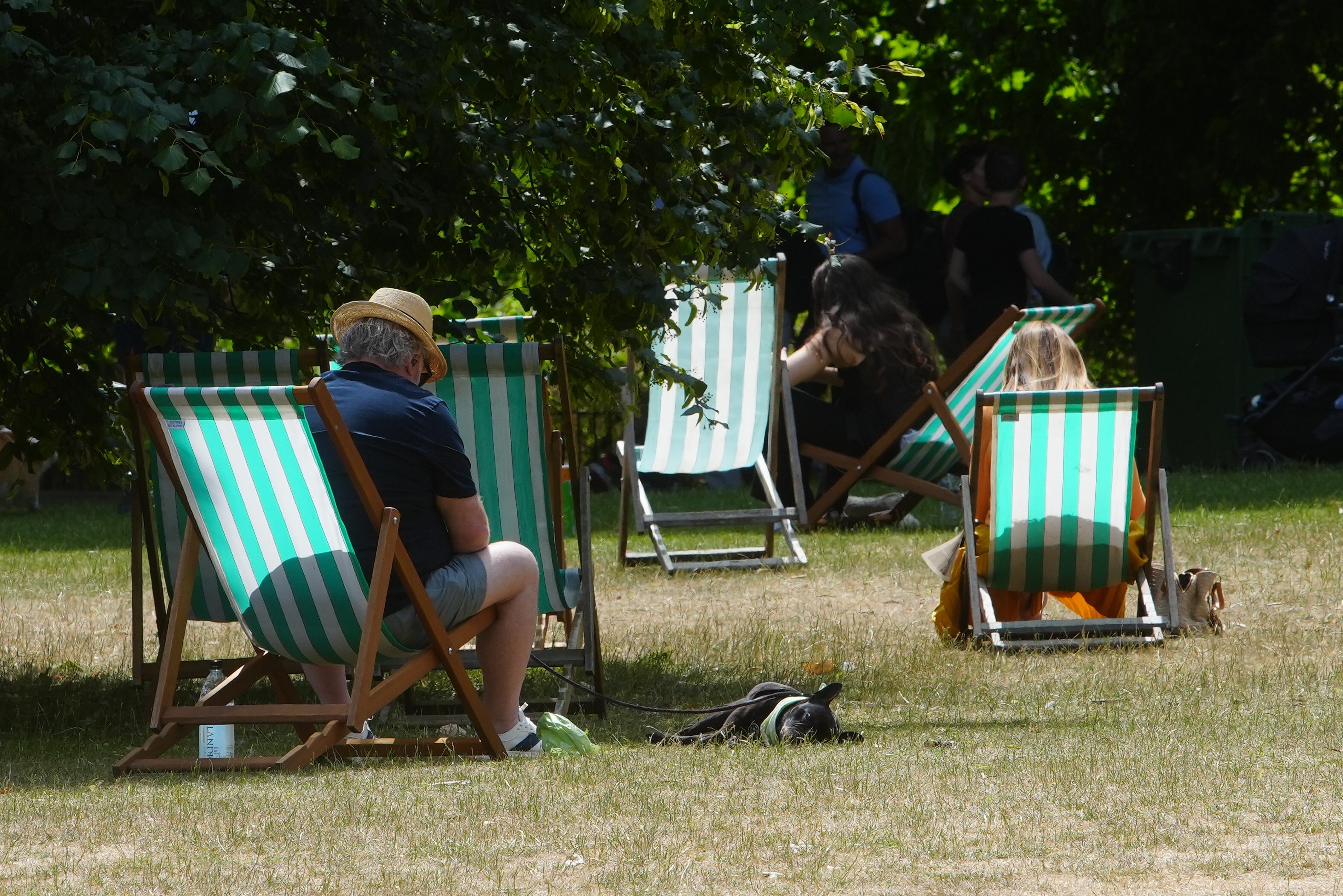Spending as little as 15 minutes a day in nature can provide a huge boost to the mental health of city-dwellers, according to new research.
For millions of people across the country living in busy urban environments, finding a touch of nature can be challenging. But data from a team at Stanford University in California shows it could be worth the effort, particularly for young adults.
The study, published in the journal Nature Cities, reported “significant benefits” of spending even a short time in nature for a broad range of mental health conditions, saying the data showed a “mental health solution”.
More than 80 per cent of the UK population lives in urban areas, government statistics show, with the number expected to continue to grow.

Analysis of close to 5,900 participants found they didn’t need to be active to feel an improvement, with stationary time in green spaces found to be more effective at reducing negative mental health outcomes like depression than active time in nature.
They found all types of urban nature provided benefits, but urban forests were the best for reducing depression and anxiety.
Young adults experienced even greater benefits than the general population, researchers said, which they added was “important” because “most mental health disorders emerge before the age of 25”.
The team hopes to help advise urban planners and decision-makers in cities, using models to predict how increased green spaces could help prevent mental health disorders and bring down healthcare costs, as well as bringing “additional benefits” like lowering temperatures and sequestering carbon.

“For example, we could run scenarios like: if a city currently has 20 per cent green space or tree cover, how many preventable cases of mental health disorders could be avoided if that were increased to 30 per cent?” said lead author Lingjie Li. “ We will also be working to include estimates of the potential avoided healthcare costs associated with such improvements in urban nature.”
They added that while larger city parks and forests are “critical”, urban planners should also consider including “pocket parks” and planting more trees on streets to help bring the benefits of nature into dense urban areas.
Dr Li said doing the work has improved his own lifestyle, adding that he now walks to the office more frequently and finds he is more curious about birds and plants he encounters along the way.
“I also talk to my friends about thinking this way and encourage them to notice how even small moments with nature can make a difference,” he said. “This work has helped me see that urban nature isn’t just good for cities – it’s good for us.”







